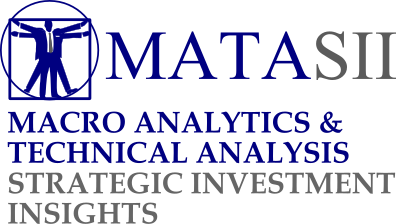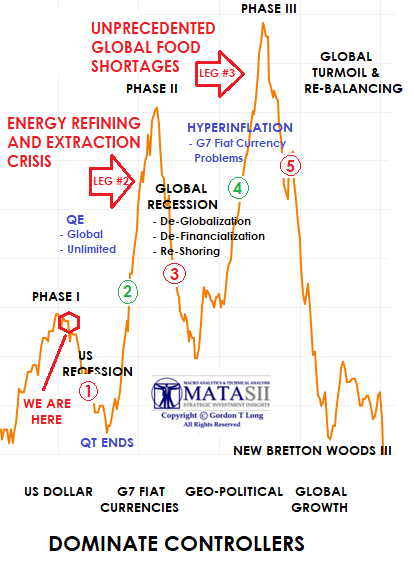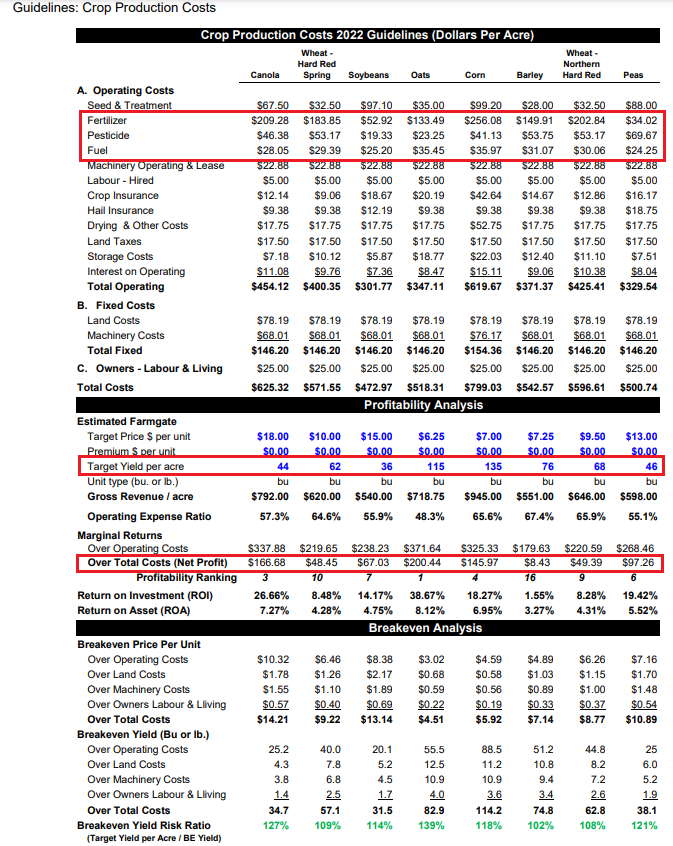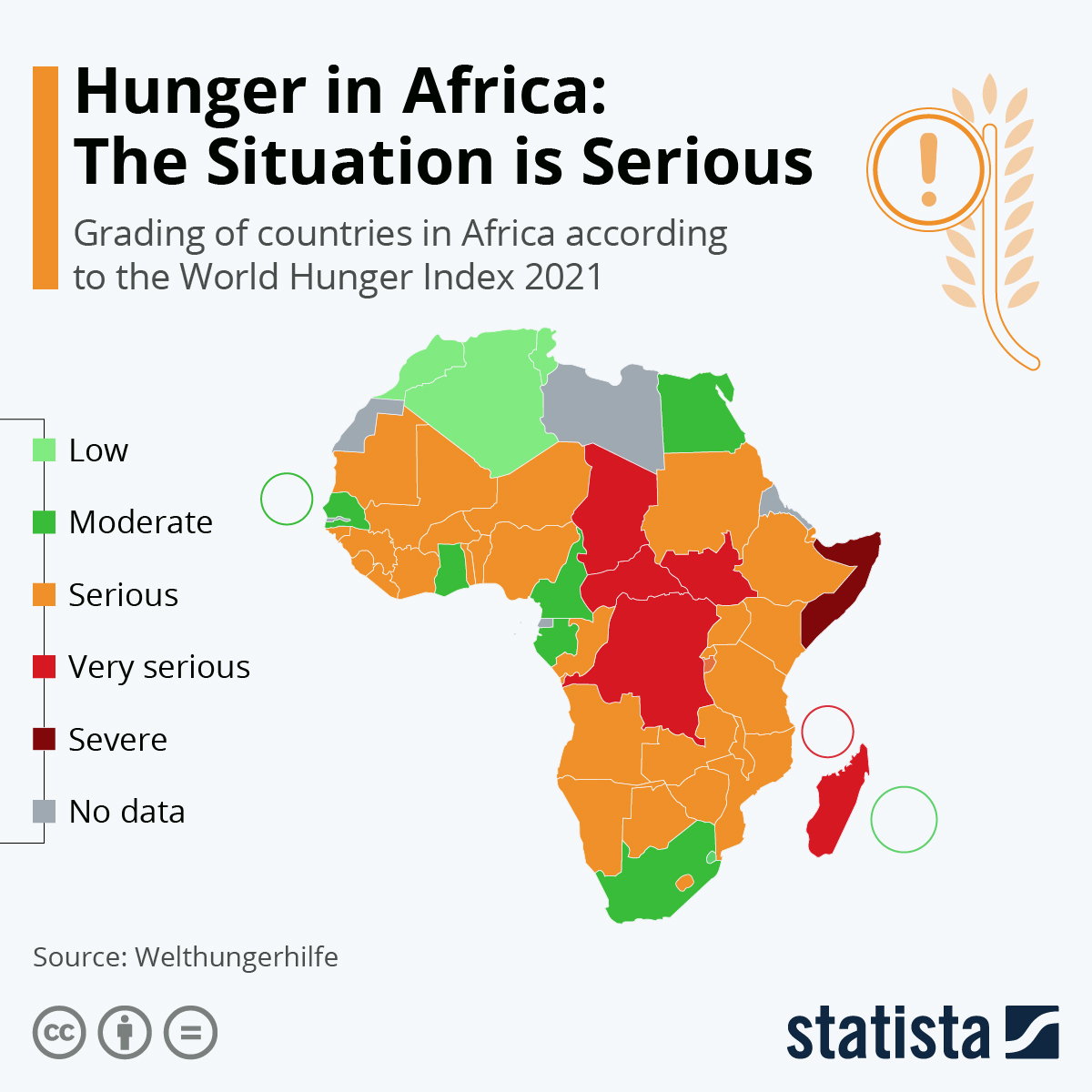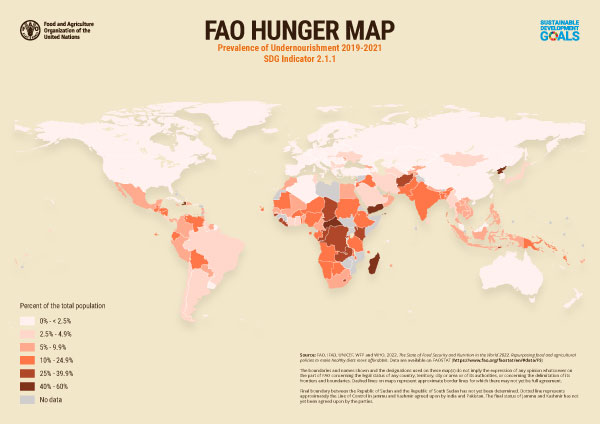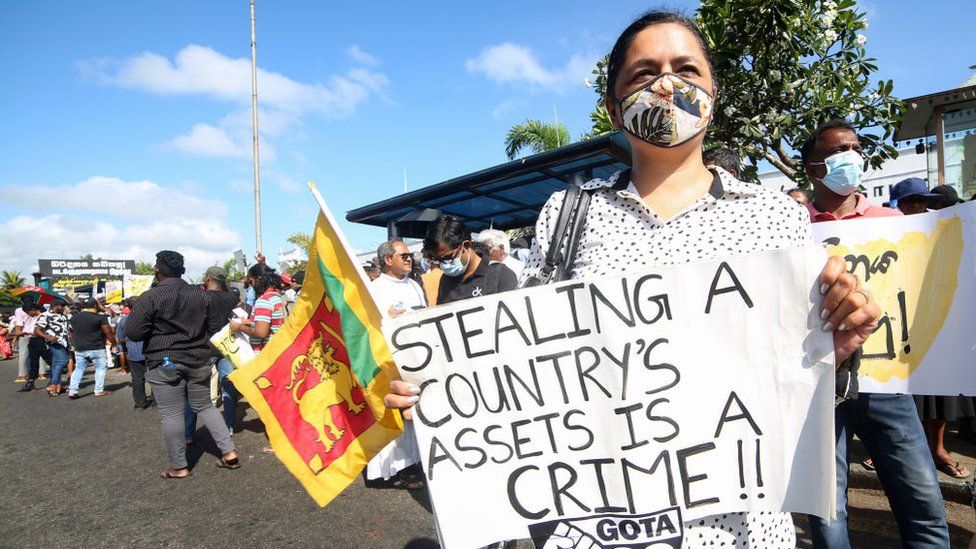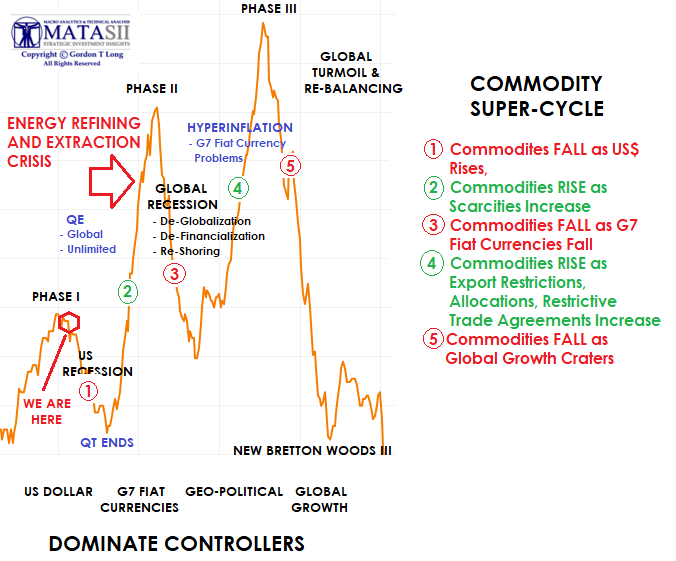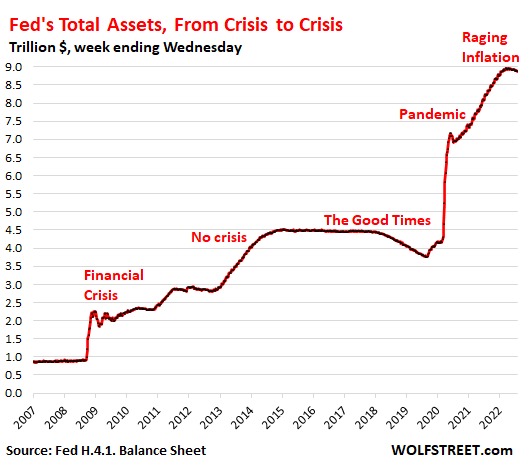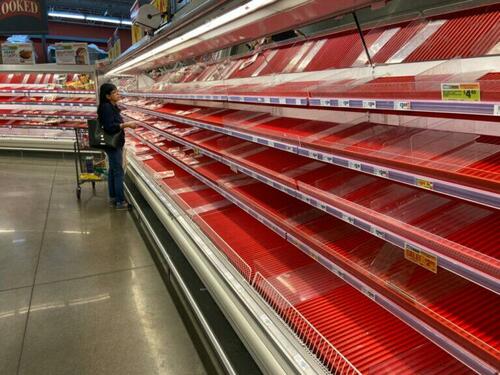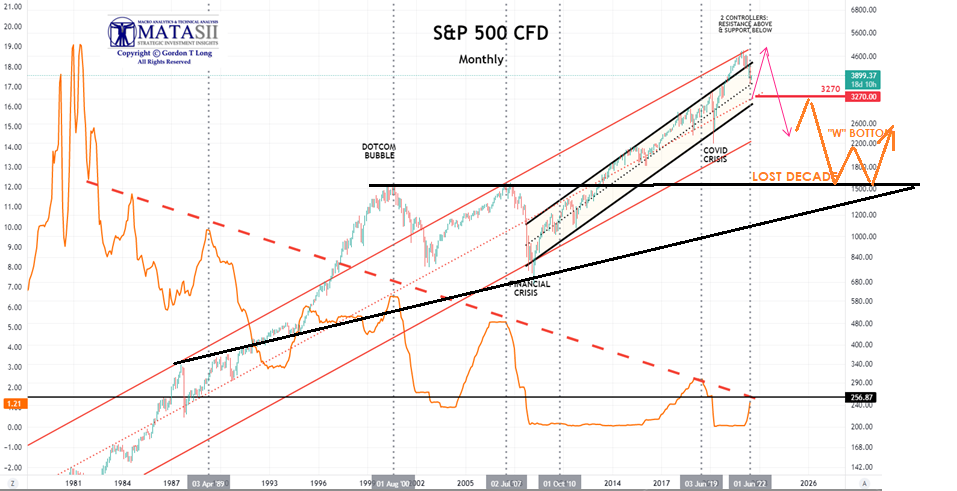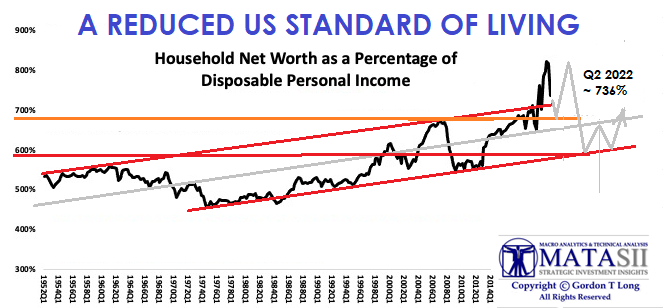Even though the U.N. SDGs speak of helping “small-scale food producers,” Burnett argued that independent farms and ranches are in the U.N.’s crosshairs to help consolidate control over the food supply.
Policymakers are “in the pocket” of major corporate interests including Conagra, BlackRock, State Street, Vanguard, and others, he said.
“They would just as soon have all their small competitors put out of business,” he said, echoing concerns expressed by numerous other experts.
BlackRock CEO Larry Fink, whose firm manages more money than any other company in the world, “wants to impose his values on companies using other people’s money,” Burnett said.
Fink, who serves on the board of the powerful Council on Foreign Relations and works closely with the WEF, is a key architect of the push to impose “environmental, social, governance” metrics on U.S. companies.
“This is the super-rich foisting their values on the rest of us,” said Burnett, pointing to those he says are happy to work with communists on the effort.
“As far as the World Economic Forum is concerned, you can’t have a Great Reset if you don’t reset the food supply, because food is necessary to everybody,” he said. “Stalin recognized this: Whoever controls the food controls the people. Same with energy.”
As prices soar and farmers go bankrupt, major corporations, in league with governments and international organizations, will pick up the pieces.
In the meantime, as seen recently in Sri Lanka, hungry people pushed to the brink are likely to react.
“People were not starving on January 6,” said Burnett, referring to the Jan. 6, 2021, protest and breach at the U.S. Capitol. “The supply chain crisis is happening, shelves are already going empty, and when people are hungry, they will not sit around and do nothing.”
American Policy Center founder and President Tom DeWeese, a leading expert on and critic of U.N. notions of sustainability, warned that the war on farmers was part of a broader agenda to strip people of freedom.
“Always in the past, when tyrannical forces wanted to rule the world, they built armies and invaded, broke things, killed people, and forced subjugation,” DeWeese told The Epoch Times. “We are now dealing with a diabolical force that has figured out a way to get us to voluntarily surrender our liberties and help them subjugate us.
“What could be such a powerful tool? The threat of Environmental Armageddon,” he said, pointing to the climate-change narrative as the prime example.
Citing numerous U.N. officials and documents, DeWeese says the agenda isn’t to save the climate, but to transform the planet and centralize control over the populace.
Aside from the U.N. and the WEF, major companies such as Vanguard and BlackRock are working to take over and control the food supply, he said.
Already, a handful of companies in which those two investment firms are top shareholders dominate the global food and beverage industry. By taking over the farming, they will control it all.
“The goal is to have total control over food production,” he said, noting that they seek to own all seeds and even grow synthetic meat in facilities already being backed financially by Bill Gates and other billionaires.
Genetically engineered crops are high on the agenda, too.
The U.N., the WEF, and others are also moving forward with promoting insects and weeds as food. Across the Western world, insect protein production facilities are popping up rapidly.
But it gets even darker, DeWeese says.
“If people are starving, they are much easier to subjugate,” he said, adding that depopulation and control over humanity have been on the agenda of global elites for decades.
The “war on farmers” also comes amid what critics have described as a government-backed “war on energy” that’s affecting agriculture and virtually every other sector.
This includes limiting energy exploration, shutting down power plants, charging special fees and taxes, and other policies that have resulted in rapidly rising costs across the Western world, although not in places such as China.
The experts interviewed by The Epoch Times urged Americans to resist the war on farmers and the U.N.-backed sustainability policies using a variety of means. These include getting involved politically, adopting different shopping habits, finding alternative sources of food such as local farmers, and other measures.
Officials at the U.N. didn’t respond to requests for comment.”
